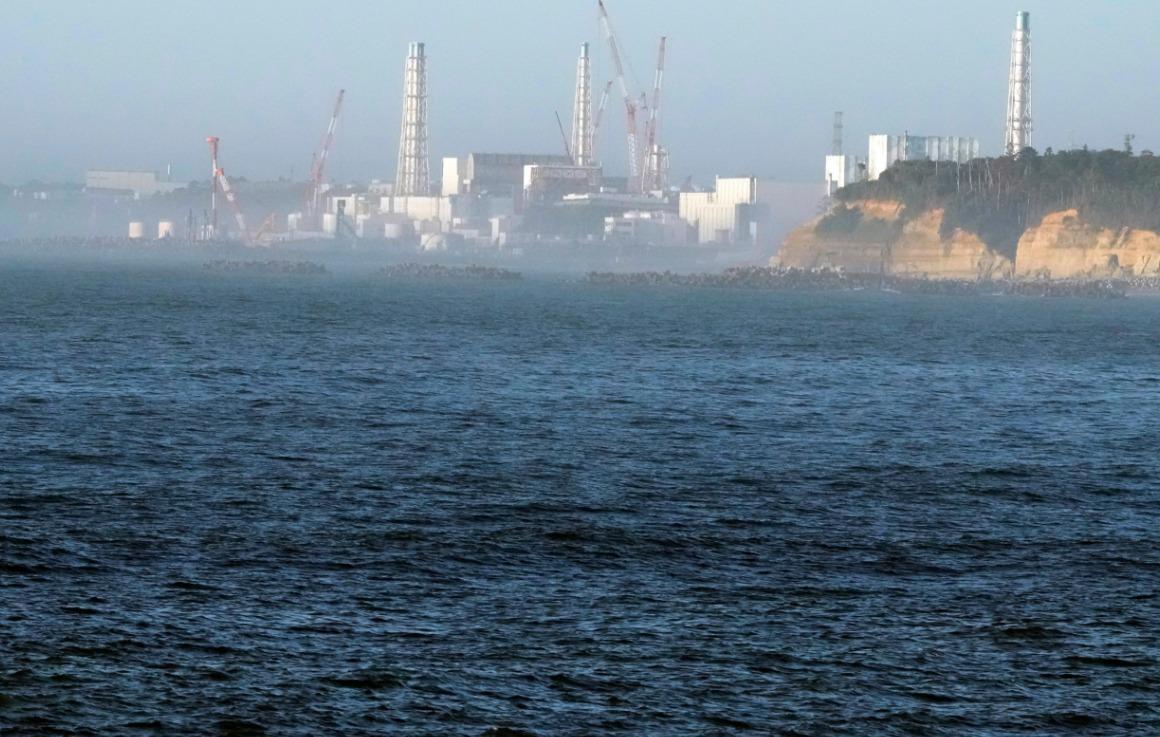Japan to release test results after Fukushima release
TOKYO

Japan was due Friday to publish preliminary sample results, a day after it began releasing wastewater from the Fukushima nuclear plant, in an attempt to reassure critics that the operation was safe.
The discharge of some of the 1.34 million tonnes of water, collected on-site in the 12 years since the plant was swamped by a tsunami, prompted China on Thursday to ban all Japanese seafood imports.
Plant operator TEPCO took what it called rapid tests on Thursday afternoon after the release into the Pacific Ocean began. TEPCO called a news conference for 4:00 pm (0700 GMT).
Japan's environment ministry also said it had collected seawater samples from 11 different locations on Friday, results of which would be released on Sunday.
The Fisheries Agency also pulled a flounder and a Gurnard fish early Friday from designated sampling spots near the pipe that released the Fukushima water.
"We will start seeing water quality data from the samples that were collected yesterday afternoon," said Trade and Industry Minister Yasutoshi Nishimura, who is in charge of nuclear policies.
"By publishing those data every day in a highly transparent fashion, we will demonstrate our actions based on scientific evidence," he told a regular briefing.
TEPCO says that the water -- more than 500 Olympic pools' worth -- from cooling the remains of three reactors has been filtered of all radioactive elements except for tritium and is safe.
This is backed by the International Atomic Energy Agency, which said on Thursday that samples taken from the first batch of diluted water prepared for discharge showed that tritium levels were well within safe limits.
"IAEA experts are there on the ground to serve as the eyes of the international community and ensure that the discharge is being carried out as planned consistent with IAEA safety standards," said the chief of the UN body, Rafael Grossi, in a statement.
But the move infuriated China, which says the action contaminates the ocean and widened a ban on aquatic produce in place for 10 Japanese prefectures to cover the whole country.
Nishimura on Friday echoed Prime Minister Fumio Kishida in urging China, Japan's biggest market for seafood, to reverse the ban.
"The Japanese government...will strongly demand baseless regulations to be immediately terminated," Nishimura said.
South Korea's government, which is trying to improve relations with Japan in order to counter China, has endorsed the water release although some ordinary people are alarmed.
"We hope to accumulate data sets that will relieve consumers," Akira Matsumoto from the Marine Ecology Research Institute, which was conducting the test for the Japanese fisheries agency, told journalists.
















